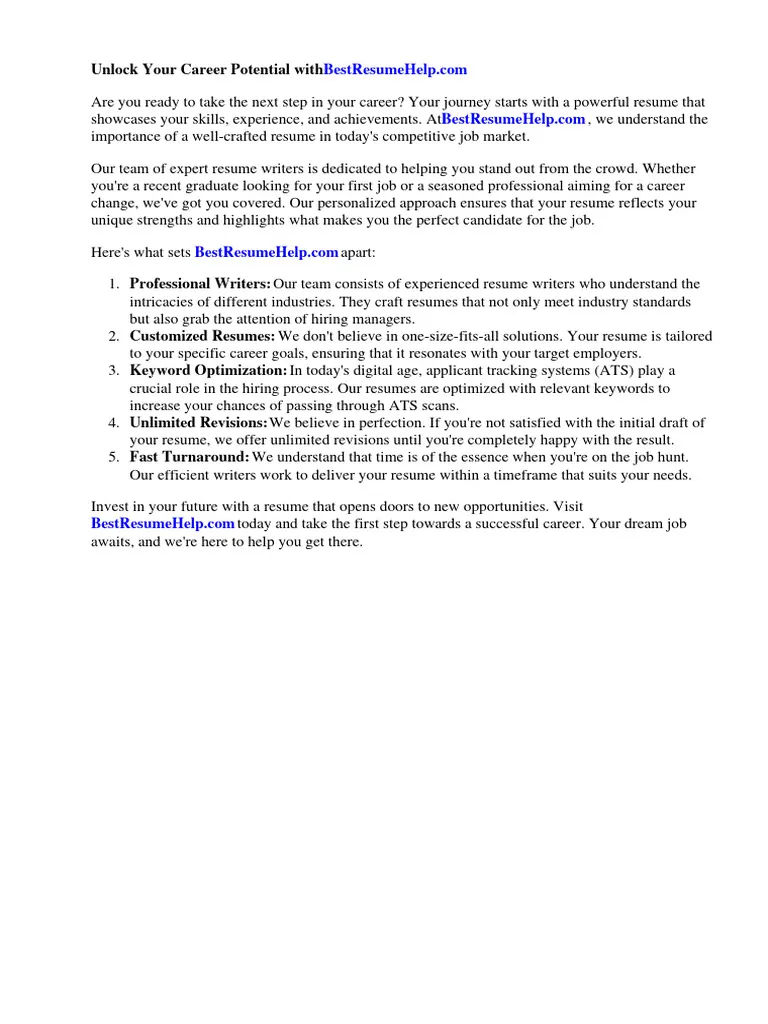Why a Cover Letter for Your Interview Matters
The question of whether to bring a cover letter to an interview often arises in the job search process. While a cover letter isn’t always a mandatory requirement, understanding its potential impact can significantly boost your chances of making a positive impression. A well-crafted cover letter can be a powerful tool, demonstrating your professionalism, attention to detail, and genuine interest in the role. It provides an opportunity to go beyond the confines of your resume and express your unique value proposition to the hiring manager. Preparing and bringing a cover letter shows you take this opportunity seriously. It offers an additional layer to make you stand out from the competition.
Demonstrate Preparation and Enthusiasm
Bringing a cover letter to an interview instantly demonstrates you’ve gone the extra mile in preparing for the opportunity. It signifies you’ve invested time to understand the company, the role, and how your skills align. This proactive approach communicates a high level of enthusiasm for the position. It shows you’re not just passively applying but are actively engaged and eager to contribute. Your attention to detail becomes evident when you bring a cover letter to an interview.
Highlight Relevant Skills and Experience
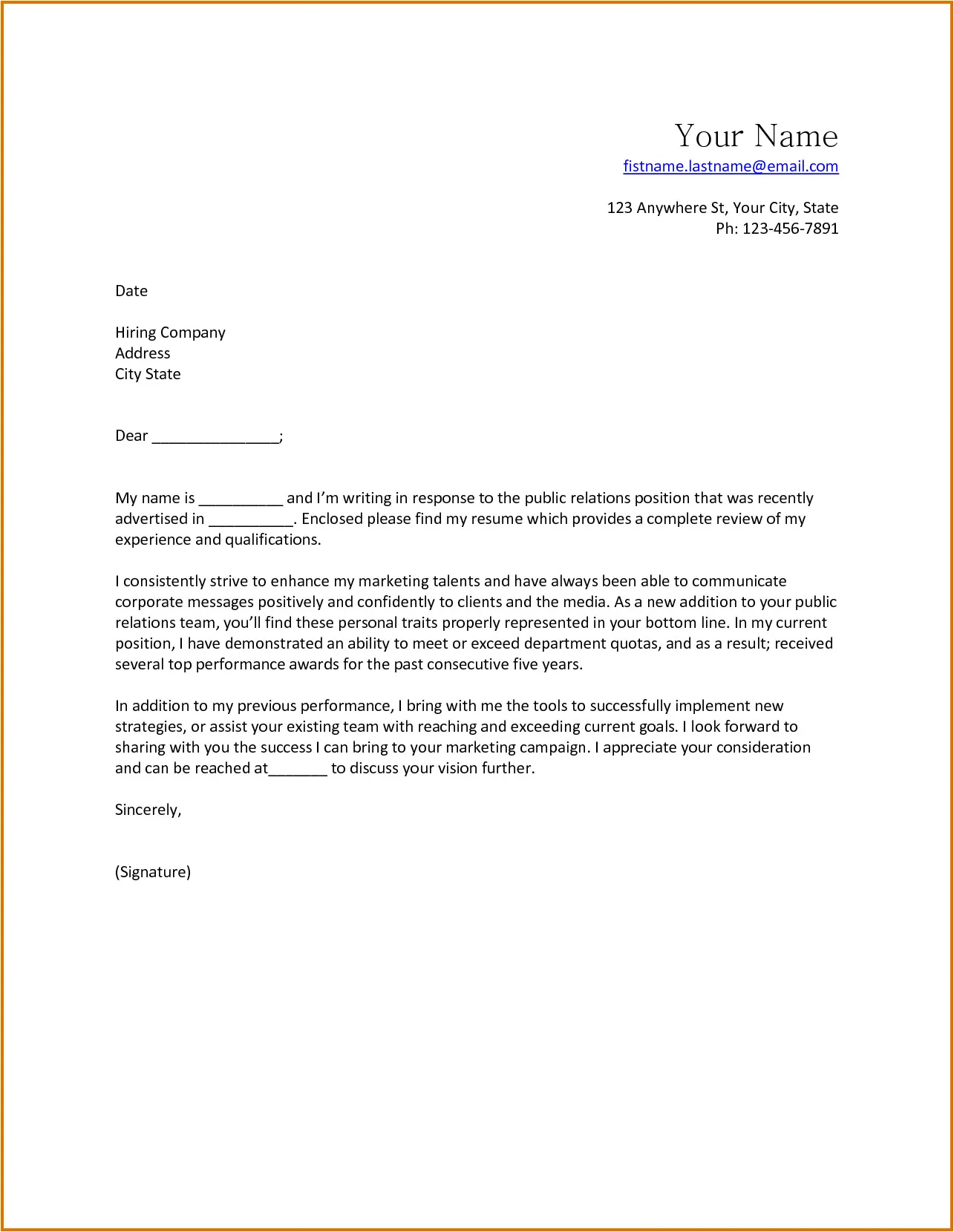
A cover letter allows you to strategically emphasize the skills and experiences most relevant to the job description. While your resume provides a comprehensive overview, the cover letter lets you tailor your message. You can directly address the key requirements of the role and provide specific examples of how you’ve successfully utilized your skills in previous experiences. By highlighting these aspects, you immediately capture the hiring manager’s attention and make a compelling case for your candidacy. Tailoring your letter to each role is the key to this section.
Showcase Your Personality and Writing Style
The cover letter is your chance to inject personality into your application. It provides a platform for you to showcase your writing style, communication skills, and overall professionalism. You can use this opportunity to express your enthusiasm for the role and the company culture. The tone of the letter should be engaging, confident, and reflective of your unique qualities. This personalization can make a lasting impression, especially in competitive fields where candidates often have similar qualifications. It shows you are more than just a resume.
The Power of a Cover Letter
Reinforce Your Application

When you bring a cover letter to an interview, you give yourself a chance to reinforce the key points of your application. It lets you reiterate why you’re a good fit for the company and the role. You can use the cover letter to connect your skills, experiences, and aspirations. This integration creates a cohesive narrative that strengthens your overall application and makes it easier for the interviewer to see your value. This additional document highlights your qualifications and increases your chances.
Provide a Concise Summary
A cover letter allows you to summarize your key qualifications and aspirations. It serves as a concise overview that quickly informs the hiring manager about your most relevant skills and experiences. By presenting this summary, you can guide the conversation during the interview and ensure the interviewer focuses on your strengths. The cover letter provides a brief overview that you can expand on. This summary can be a useful reminder of your value.
Stand Out From Other Candidates
In a competitive job market, it’s crucial to find ways to differentiate yourself. Bringing a cover letter to an interview is one way to do just that. It shows you are proactive, professional, and detail-oriented. It proves that you are willing to go the extra mile. A cover letter demonstrates a genuine interest in the role. This proactive approach sets you apart from candidates who may only submit a resume. It highlights your commitment and attention to detail.
5 Key Things to Know About a Cover Letter
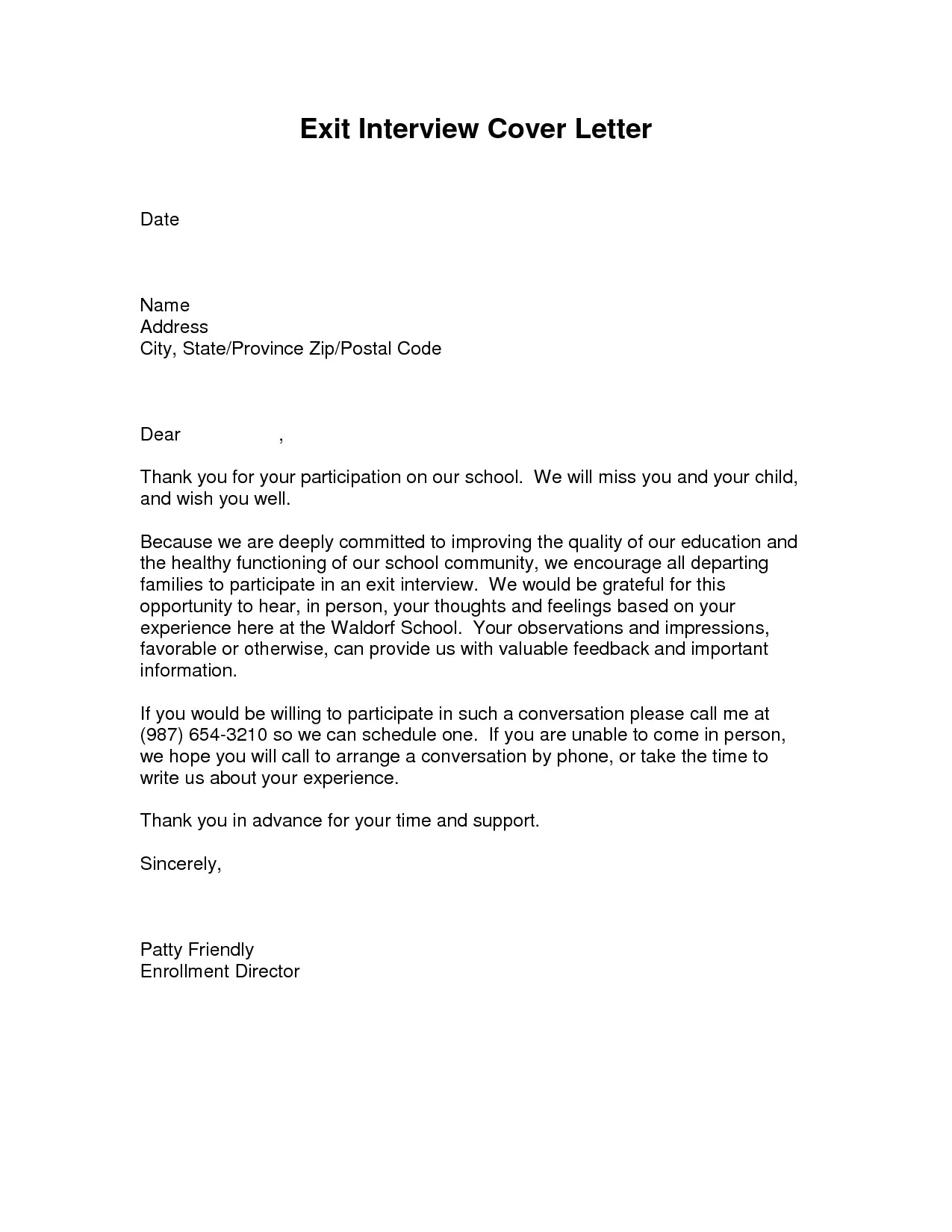
Tailor Your Cover Letter to Each Job
Avoid using a generic cover letter. Instead, customize each letter to match the specific requirements and preferences of the job and company. Research the company and the role thoroughly. Then, highlight the skills and experiences that are most relevant to the position. This personalization shows you’ve invested the time to understand the company’s needs. It also increases the likelihood that the hiring manager will see your value.
Keep It Concise and Focused
A cover letter should be a brief, impactful document that summarizes your qualifications. Aim for a length of one page or less, and avoid lengthy paragraphs or excessive details. Focus on the most crucial information, highlighting the key skills, experiences, and achievements that make you the ideal candidate. Ensure every sentence serves a purpose. Get right to the point and use strong action verbs to keep the letter engaging.
Proofread Meticulously
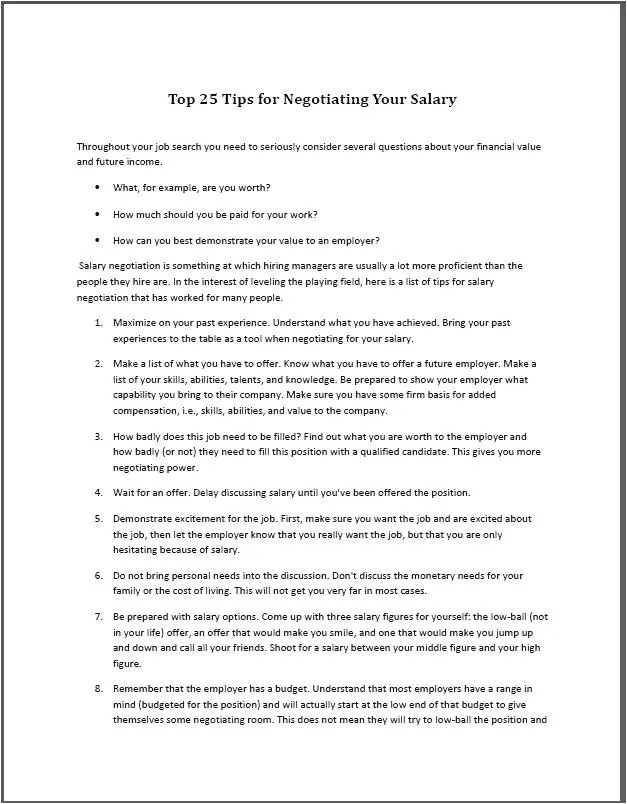
Errors and typos in your cover letter can create a negative impression. They may suggest a lack of attention to detail or a lack of professionalism. Before submitting your cover letter, carefully proofread it for any grammatical errors, spelling mistakes, or punctuation issues. If possible, ask a friend or family member to review your letter for clarity and accuracy. A clean, error-free cover letter demonstrates you care about your application.
Use Action Verbs
Employ strong action verbs throughout your cover letter to make it more dynamic and compelling. Instead of using passive language, use verbs that clearly convey your achievements and skills. For example, use ‘managed,’ ’led,’ ‘achieved,’ and ‘developed’. These action verbs will make your cover letter more engaging. They also create a more positive impression. Action verbs make your accomplishments stand out.
Incorporate Keywords
Review the job description and identify the keywords related to the role’s key skills and requirements. Then, strategically incorporate these keywords into your cover letter. This will help you pass applicant tracking systems (ATS). It also demonstrates that your qualifications align with the job’s needs. Remember, the goal is to demonstrate your value by aligning your skills and experience with the needs of the position.
What to Include in Your Cover Letter
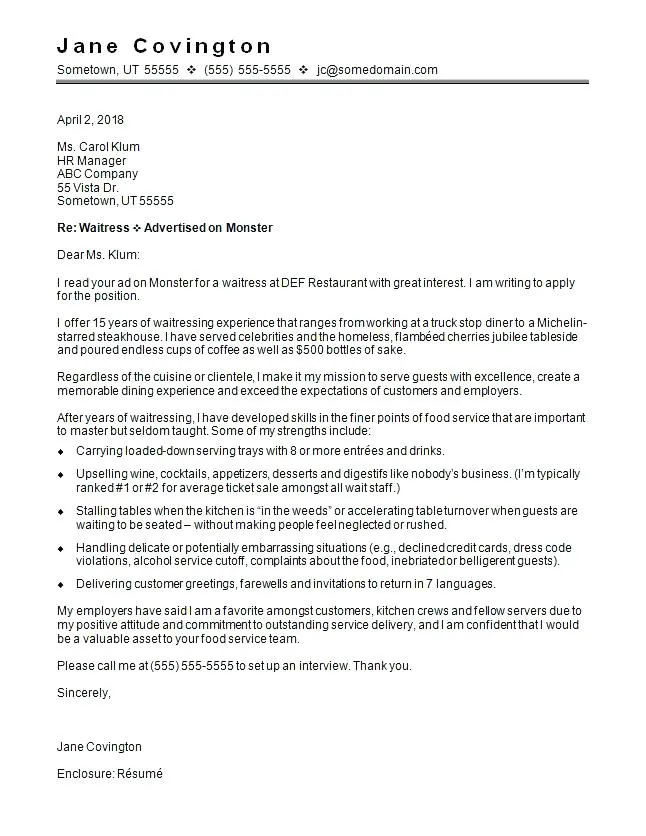
Your Contact Information
At the top of your cover letter, include your full name, address, phone number, and email address. Make sure your contact information is up-to-date and easily accessible. It should be formatted clearly to enable the hiring manager to contact you. It is the first thing the reader sees and is a vital component of your application.
A Compelling Opening
Start your cover letter with a compelling opening that immediately grabs the hiring manager’s attention. You should state the position you’re applying for and express your interest in the role and the company. You can use a strong statement. Share something that makes you stand out and shows you’re enthusiastic.
Highlight Key Achievements
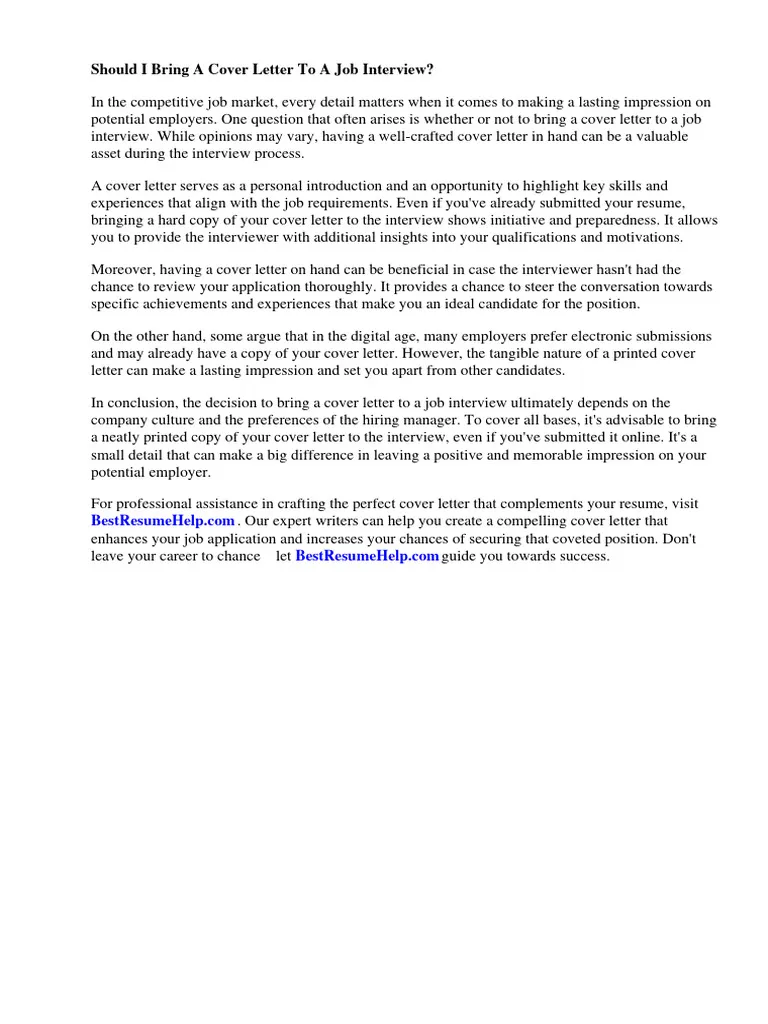
In the body of your cover letter, highlight your key achievements and how your skills and experience align with the job’s requirements. Provide specific examples of your accomplishments. Quantify your achievements whenever possible to demonstrate your impact. Use the STAR method (Situation, Task, Action, Result) to structure your examples and showcase your problem-solving abilities.
Express Your Enthusiasm
Express your genuine enthusiasm for the role and the company. Explain why you’re excited about the opportunity. Mention the aspects of the company or position that appeal to you. This shows you are more than just qualified. It highlights your strong interest in contributing to the company’s success.
A Strong Closing
End your cover letter with a strong closing. Thank the hiring manager for their time and consideration. Reiterate your interest in the role. State your availability for an interview. It is important to leave a lasting impression.
When to Bring a Cover Letter to an Interview
When the Job Description Suggests It
Always bring a cover letter to an interview if the job description explicitly requests one. This shows you paid close attention to the application instructions. Ignoring a request for a cover letter can negatively impact your chances. When requested, always bring it with you to the interview.
When You Want to Provide Additional Information
If you have information that couldn’t fit in your resume, a cover letter is the place for it. This might include explanations for gaps in employment, career changes, or how your skills translate from a different industry. The cover letter allows you to address the interviewer’s concerns proactively. Use it to clarify your experience. This can significantly boost your chances of securing the role.
When You Want to Show Your Writing Skills
In positions where strong written communication is essential, a cover letter can demonstrate your skills. It shows your ability to craft a clear, concise, and engaging narrative. Your writing showcases your attention to detail and ability to convey ideas. These are vital skills in many professional environments.
